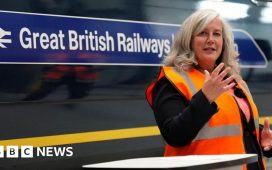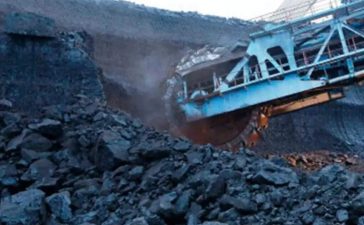Only a 15-minute drive from the Kigali Convention Centre, whose dome lights up like a pinball machine every night, stands the less showy Hope Hostel in the Kagugu neighbourhood on the hills above Rwanda’s capital.
When journalists were shown around the 50-room hostel in June 2022, the beds were made, the mosquito nets were hanging and even the pool table had been set up for a game. The only thing missing were the “guests” — the asylum seekers Britain intends to send to the central African country for processing and a potentially new life.
This week, when an eyewitness went to check on the building, located down a garbage-strewn alley in the normally spick and span capital, Hope Hostel was “empty”, said a security guard.
Yolande Makolo, an aide to Paul Kagame, Rwanda’s president who visited Downing Street this month, said her country stood ready to accept asylum seekers whenever they arrived.
“We understand there’s a process going on in the UK,” she said, referring to the parliamentary “ping pong” that has seen the House of Lords hold up legislation designed to address a Supreme Court ruling last year that Britain could not send asylum seekers to Rwanda because it was not deemed a safe country.
“In the meantime, we’re getting on with our work for Rwandans and preparing for the arrivals in terms of housing and opportunities.”
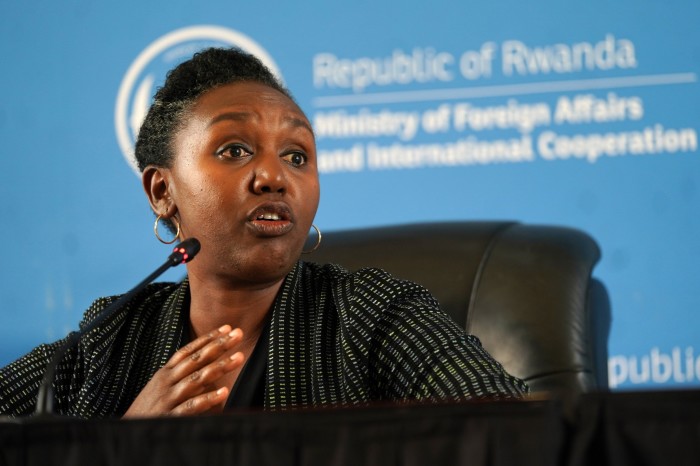
Rwanda’s government said it was training new immigration officials to deal with the long-awaited influx of people and was ready to increase the effort when the “numbers and timetable” justified it.
Rashmin Sagoo, director of the international law programme at Chatham House, a UK think-tank, said that under the treaty between the UK and Rwanda, the latter would have to go through many legal and time-consuming hoops, including appointing international judges trained in the country’s law to hear appeals, before it could manage the asylum process.
“It’s far from clear that the whole scheme will be operational any time soon in a way that complies with the Supreme Court judgment because there is still a lot for the Rwandans to do on the ground,” she said. “If the flights do take off, the attention will suddenly be on the Rwandan judicial and legal system as a whole.”
Although UK Prime Minister Rishi Sunak has repeatedly vowed to begin flights to Kigali by the “spring” — effectively the three months to June 20 — that timetable appeared to slip in recent days.
Sunak on Friday promised to end the stand-off between the Lords and the House of Commons over the Rwanda asylum bill and “get [the legislation] done” on Monday, which could see it become law within days. But he declined to confirm whether spring was still the target for flights.
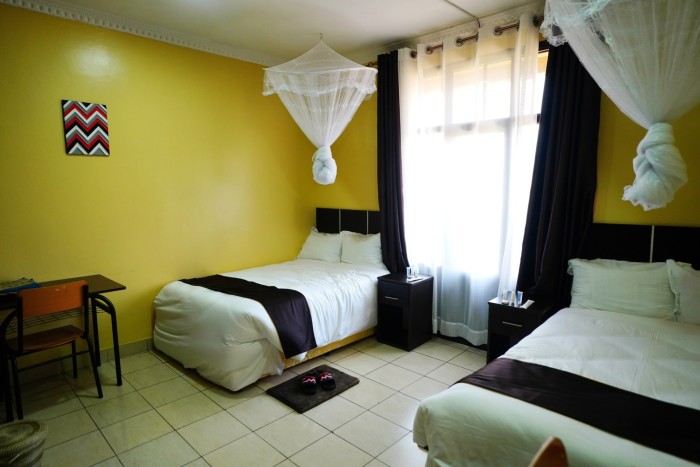
Hope Hostel was just one of several sites initially allocated for the asylum seekers, Makolo said. Others were on standby but had yet to be contracted. “We haven’t finalised the agreements with these facilities because then we would have to pay them to sit empty,” she said.
Makolo confirmed that some houses on the Bwiza riverside homes estate, visited by then home secretary Suella Braverman last March and initially reserved for UK asylum seekers, had been sold off to Rwandans.
“It was never meant to be a migrant village,” she said. “The idea is that eventually these people would move into Rwandan neighbourhoods and live among us; we are not going to have migrant ghettos or detention camps.”
Asked about the litter and odour in the alley leading to Hope Hostel, Makolo said: “It’s a real city with real people and we do the best we can. It’s not Barbieland.”
ADHI Rwanda, the company that built the modular houses, said it was “committed to partnering with the government of Rwanda to construct affordable housing for the wider population, not solely for asylum seekers”.
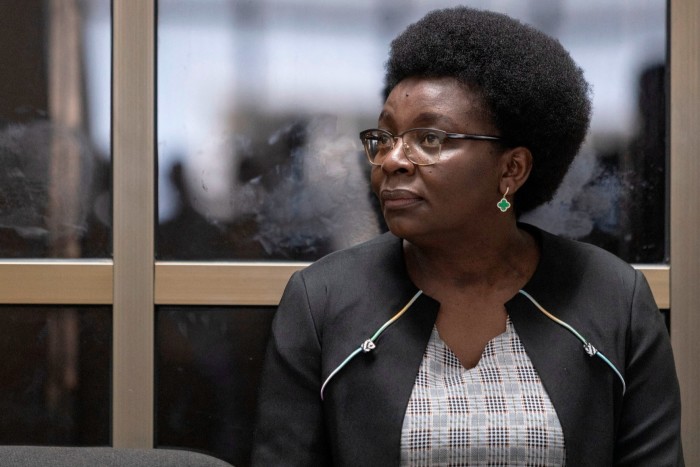
Victoire Ingabire, an opposition leader who has spent time in jail, said she was sceptical that Rwanda could offer asylum seekers what they wanted.
New arrivals would not find the “good life they are looking for”, she cautioned. “The UK is a democratic country; Rwanda is not a free country . . . Rwanda is a poor country that has no resources to offer them.”
Alex Vines, head of the Africa programme at Chatham House, said that in addition to money — as of February 2024, London had paid Kigali £220mn as part of a bilateral economic partnership — Rwanda gained Britain’s diplomatic support out of the deal.
“Yes they get negative press, but the UK in public is silent about the Rwandan support of M23 in eastern [Democratic Republic of] Congo unlike the EU or the US,” he said, referring to claims made by the DRC, US and EU that Kigali backs rebel fighters in the region that borders Rwanda. Rwanda has slammed claims it supports the rebels.
The country has participated in similar migrant offshoring programmes before, including a “voluntary” 2014 Israeli initiative to fly African asylum seekers to Kigali that later collapsed.
The UN High Commissioner for Refugees said in 2017, without singling out Rwanda, that there was “secrecy surrounding this policy and the lack of transparency concerning its implementation”.
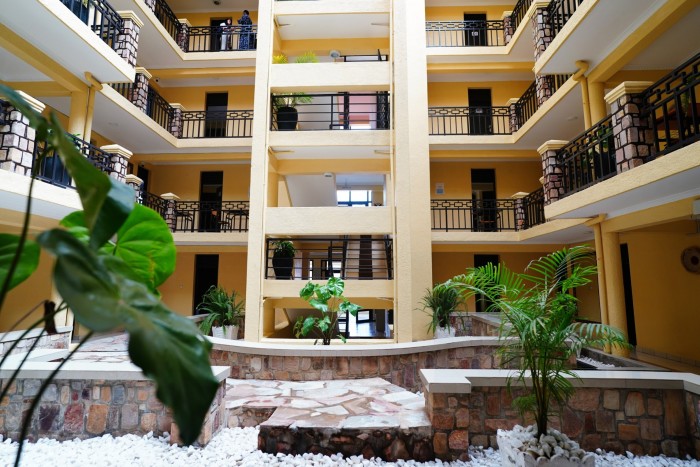
Rwanda hosts about 130,000 refugees and asylum seekers, according to the government, mostly from the DRC and Burundi. It has also processed roughly 2,000 migrants detained in Libya and hosted an Afghan girls school following the Taliban’s takeover, as well as Sudanese medical students unable to complete their studies at home after civil war started last year.
Andrew Mitchell, UK development minister, said he had no doubt Rwanda was properly prepared to receive asylum seekers “once the flights start to flow”.
Makolo said Kigali wanted to offer asylum seekers the chance of a new life and would offer training in Kinyarwanda, the national language, and job skills.
“We know that a big proportion of those landing on the shores of Europe are economic migrants,” she said. “We want to make the point that if we make the right investment in these people, we can keep them on the African continent and not have these young talented people making desperate journeys across the Sahara and maybe ending up at the bottom of the Mediterranean.”




